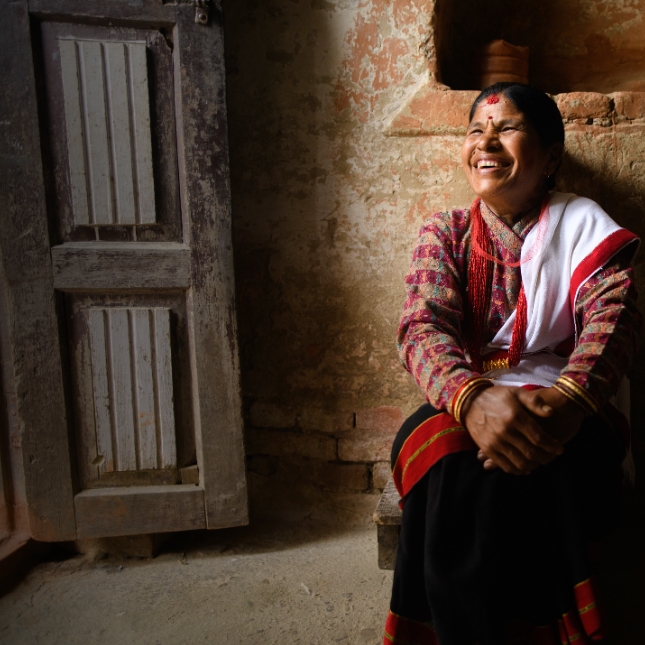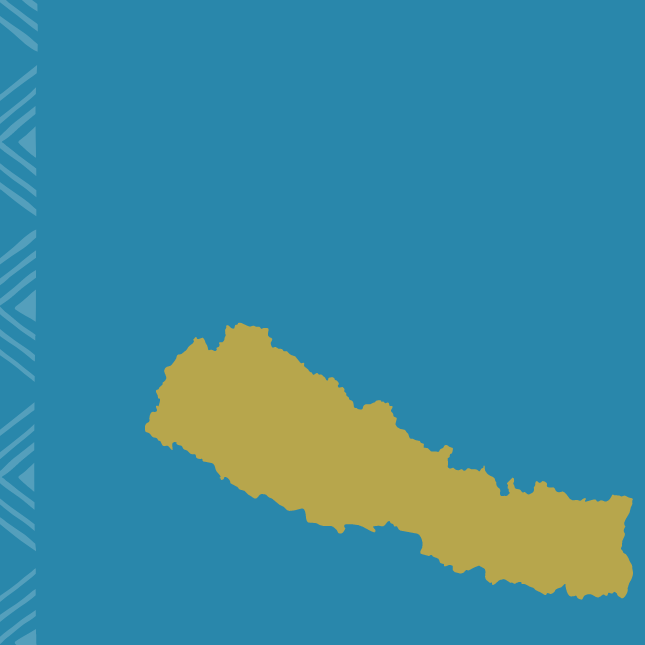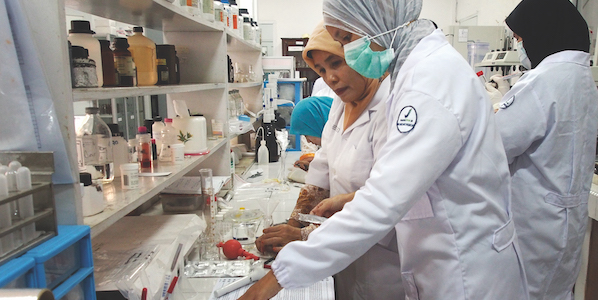In Nepal, approximately 69,000 people developed tuberculosis (TB) in 2018, nearly twice as high as previous estimates. Availability of poor-quality medicines contributes to drug-resistant TB, and likely contributes to the high prevalence of the disease in Nepal, where TB is one of the top ten causes of death in the country each year.
What’s at stake
Regulatory authorities and national quality control laboratories play a critical role in ensuring that medical products, including those used to prevent and treat TB, are safe, effective, and quality-assured. Yet, few countries can conduct medicine quality testing that delivers accurate and reliable results. Strengthening quality testing of TB medicines protects patients from poor-quality products, combats the spread of drug-resistant TB, and improves sustainability of laboratories and regulatory functions.
Strengthening quality testing of TB medicines protects patients from poor-quality products.







